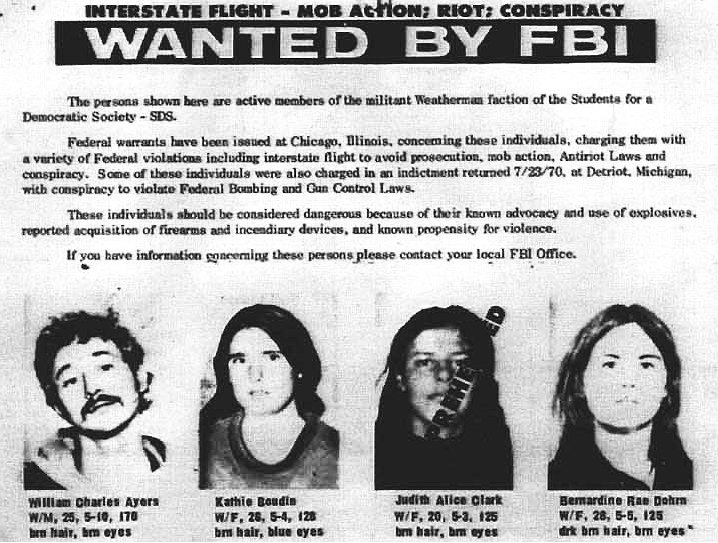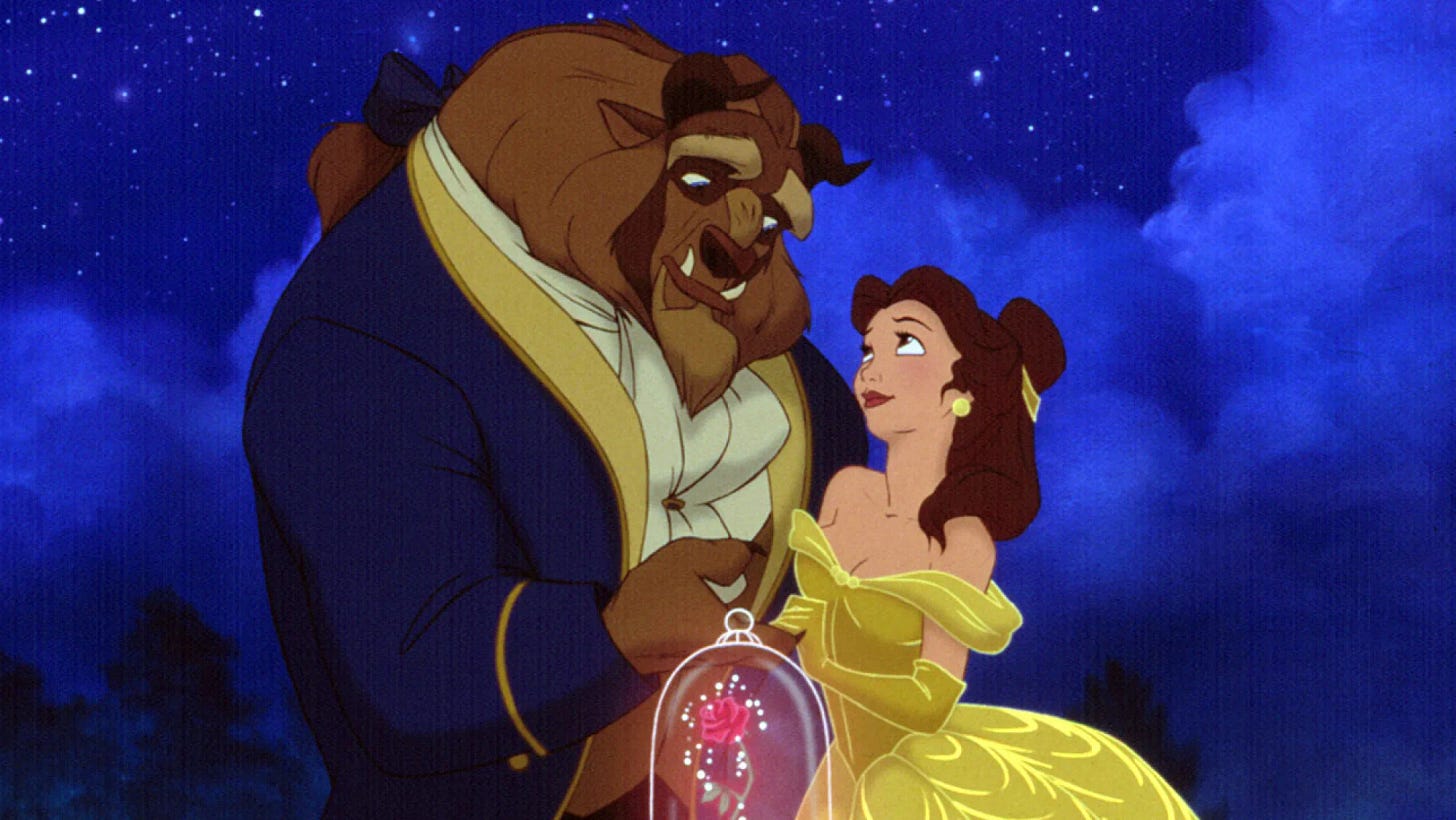September newsletter
Links and recommendations
Hi all,
I’m currently in rainy and beautiful Vancouver. This evening I’ll be in conversation with Andrea Mrozek for the Macdonald-Laurier Institute’s Voices That Inspire speaker series. I believe the video will be available later in October. I recorded a podcast with the MLI’s Peter Copeland in advance of the event:
ICYMI, I also appeared with Bonnie Blue on Chris Williamson’s Modern Wisdom podcast:
Now for two essays by friend of the pod Ed West on political violence:
[Angela] Davis became a star in the Soviet Union, where schoolchildren were made to send her letters of support. ‘In our country, literally for one whole year, we heard of nothing at all except Angela Davis,’ Aleksandr Solzhenitsyn recalled bitterly, something many of us who remember 2020 might empathise with. Going on a publicity tour of the Soviet Union in 1972, she praised the country for its treatment of minorities, although there was awkwardness when some Czech dissidents asked her to speak up on behalf of political prisoners in that country. Her reply: ‘They deserve what they get. Let them remain in prison.’ That year she was also a guest of East Germany, where she laid flowers at the memorial of a border guard killed by someone trying to flee.
I remember as an undergraduate at SOAS having a vague sense that Davis was cool and someone to be admired, even though I didn’t know much about her. That still seems to be the general mood in the academy. Davis has won an enormous number of plaudits in recent decades – not least an honorary doctorate from Cambridge earlier this year.
As Ed points out, the political violence committed by Davis and other 1960s and 1970s radicals has been mostly forgotten. During an eighteen-month period in 1971 and 1972, the FBI reported more than 2,500 bombings on U.S. soil! But how often do we see this violence depicted in popular culture? I can’t think of a single example (please do correct me in the comments). As Ed puts it, “the terrorism is forgotten because the terrorists of the late 60s and early 70s were victorious.”
And another great insight from Ross Douthat:
In the 1990s the most potent force in that world was the Disney renaissance that began with “The Little Mermaid,” while in the next decade it was the Harry Potter saga.
Neither of these phenomena was overtly political, but both told stories that were deeply compatible with liberal ideas. The Disney movies emphasized the autonomy and self-actualization of their heroines and heroes over and against clueless parents and authority figures, while the Potter universe presented a clash between good-guy meritocrats and bad guys who believed in the purity of aristocratic blood.
Crucially, though, these stories were structured around a promise that liberal individualism could coexist with traditional cultural forms and small-“c” conservative life scripts. Belle in “Beauty and the Beast” could escape her provincial life, refuse her sexist alpha male suitor and find a good man who appreciated her for her intellect — but the good man also turned out to be a handsome prince underneath all the fur! The heroes in Harry Potter could be egalitarian and multicultural and antifascist while also embodying the fusty traditions of an English boarding school — and then go on to get married, have kids and send them on to Hogwarts, too.
More than the allure of libertinism and rebellion, it’s this kind of appeal that seems most likely to draw young people raised by conservative parents toward more liberal ideas and norms: the promise that you can leave behind some of your family’s more constraining beliefs and practices, embrace a certain degree of self-actualization and individualism and still find yourself inside a structured world where various traditional desires are satisfied and honored.
As I’ve written here before, it was deeply satisfying to live through the early period of our most recent ideological changing of the guard. People born in the mid-twentieth century enjoyed the high trust, family-centric culture cultivated by their parents and grandparents, and then also got to enjoy the youthful rejection of all of that culture’s downsides. But that’s a trick that can only be pulled once.
Until next time –
Louise



American Pastoral is my favorite Philip Roth novel and captures well the terrorism of the late 1960s/early 1970s.
honoured to be described as 'friend of the pod'. thank you!